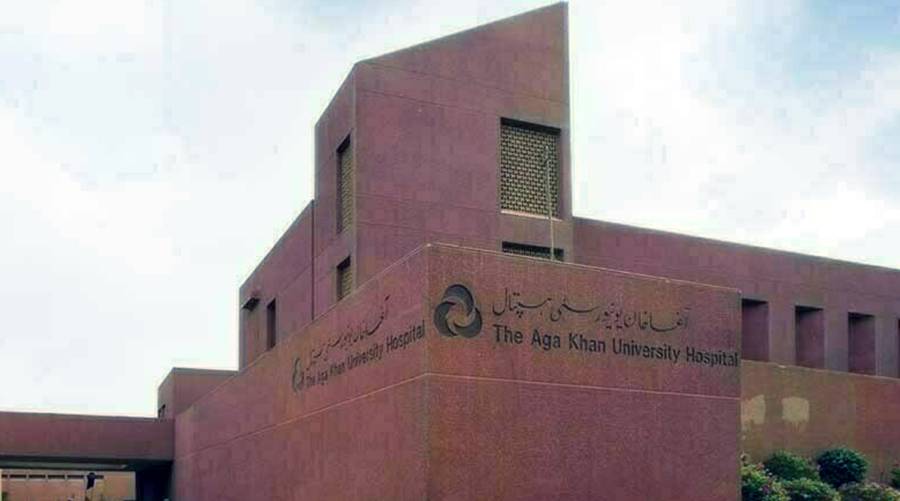AKU Thalassemia and SCD project gets $1.5m funding

KARACHI: Aga Khan University (AKU), Karachi, has received a $1.5 million grant from Wellcome Leap, a global health innovation organization, for a project aimed at transforming the treatment for β-Thalassemia and Sickle Cell Disease (SCD), prevalent in South Asia, particularly in Pakistan.
β-Thalassemia and SCD, both hereditary conditions stemming from genetic abnormalities affecting hemoglobin production critical for oxygen transport in the bloodstream, not only inflict significant suffering but also take a substantial economic toll on society.
In Pakistan, where consanguineous marriages are widespread, over 70pc of unions involve relatives, heightening the risk of inheriting these genetic disorders. With more than 7pc of the population carrying the β-Thalassemia gene and an estimated 2pc affected by SCD, Pakistan bears a considerable burden, with over 100,000 registered cases of Thalassemia and approximately 9,000 children born with the severe Thalassemia Major form.
Treatment of these conditions entails highly expensive measures, such as frequent blood transfusions and iron chelation therapy, with less than one percent of patients surviving past the age of 20.
The multifarious Thalassemia mutations globally, including over 300 in Pakistan alone, necessitates localized research to devise tailored solutions.
Dr. Afsar Mian, Assistant Professor at AKU and principal investigator, underscores the limitations of existing therapies, calling for alternative approaches.
He says recent developments in gene editing, notably CRISPR-Cas9, offer hope in addressing genetic mutations. Dr. Mian highlights the potential of prime editing, citing its precision and reduced risk of unintended effects compared to CRISPR-Cas9.
Led by a multidisciplinary team comprising Dr. Mian, Dr. Salman Kirmani, Dr. Ambreen Fatima, Dr. Fawad Ur Rehman, and Dr. Irfan Hussain, the project aims to explore advanced gene editing techniques such as base editing and prime editing.
Initial laboratory testing on stem cells collected from patients will precede pre-clinical trials, ensuring safety and efficacy before progressing to patient testing.
This innovative approach brings hope to Thalassemia patients, offering targeted solutions tailored to individual genetic profiles, thereby facilitating effective treatments.
Trending
Popular
Boost your muscle gains with these protein-packed fruits
-
Managing stress no longer a luxury, ...
09:00 PM, 21 Dec, 2024 -
After evening large meals may fuel to ...
06:00 PM, 21 Dec, 2024 -
‘Sleep Apnea is a silent brain ...
03:10 PM, 21 Dec, 2024 -
WHO study reveals key elements of a ...
09:00 AM, 20 Dec, 2024




